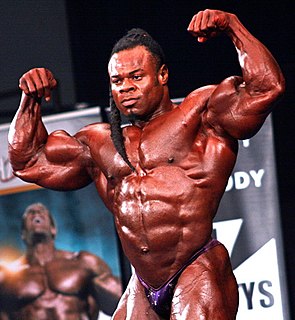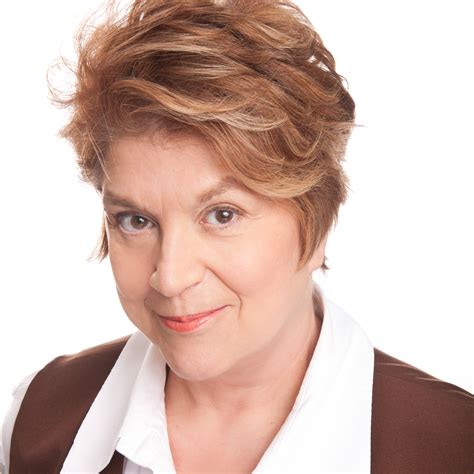A Quote by Alain de Botton
What bothers me is that there is so much emphasis on food, rather than gathering and meeting - so that there is all this effort in creating the right food, whereas the food is only a small part of whether the encounter is successful or not.
Related Quotes
I spend so much money on food, just getting the food for me is a tremendous expense, so there's no way I could even think about paying for supplements. I think of all supplements as food derivative anyway, so If I can only choose between getting the food or the supplements I'd rather opt for the food.
If we want to cook food we need to leave the stove on continuously and not keep turning it on and off. If the heat is continuous, no matter whether it is high or low our food will eventually be cooked. Similarly, if we continuously apply effort, even if it is only a small effort, it is certain that we shall eventually experience the fruits of our practice.
If there was ever a food that had politics behind it, it is soul food. Soul food became a symbol of the black power movement in the late 1960s. Chef Marcus Samuelsson, with his soul food restaurant Red Rooster in Harlem, is very clear about what soul food represents. It is a food of memory, a food of labor.
Secretly in my heart, I believe food is a doorway to almost every dimension of our existence. ... Food never was just food. From the time a cave person first came out from under a rock, food has been a little bit of everything: who we are spiritually as well as what keeps us alive. It's a gathering place, and in the best of all worlds it's possible that when people of one country sit down to eat another culture's food it will open their minds to the culture itself. Food is a doorway to understanding, and it can be as profound or as facile as you would like it to be.





































